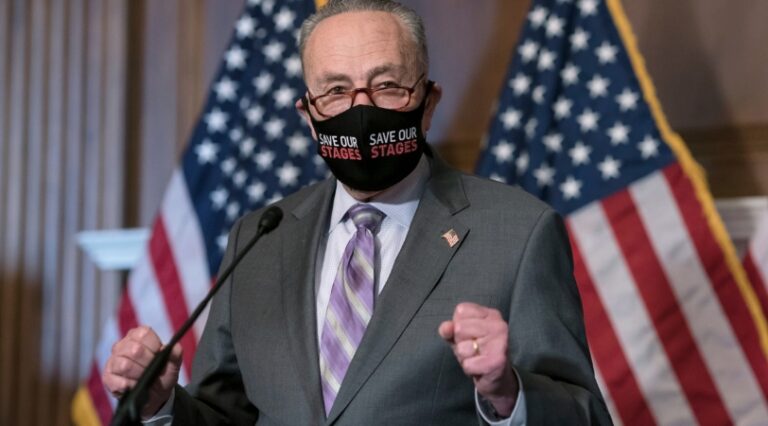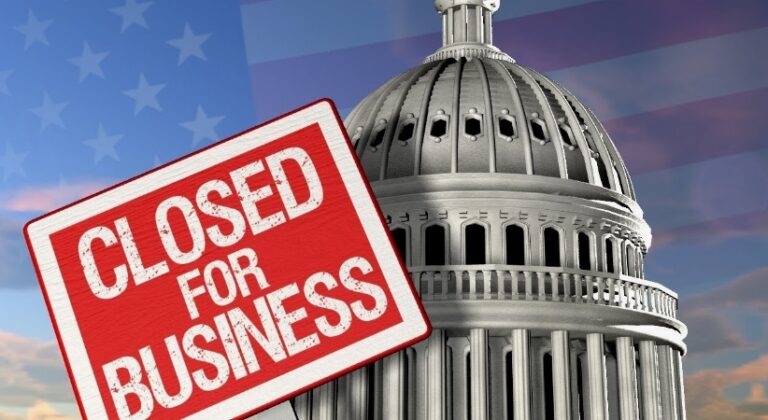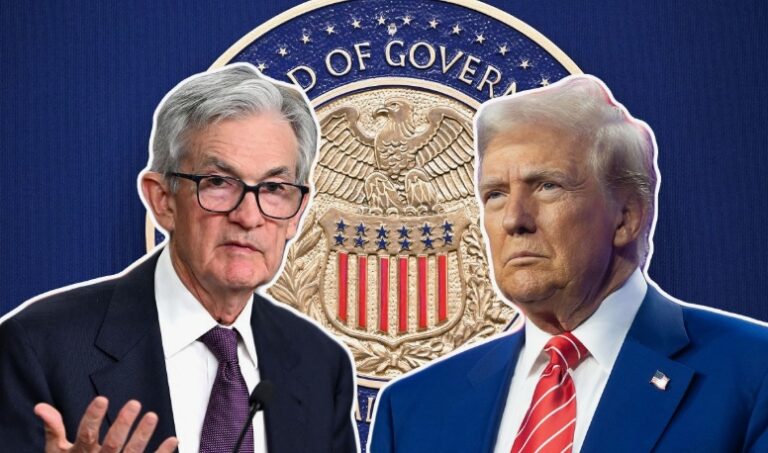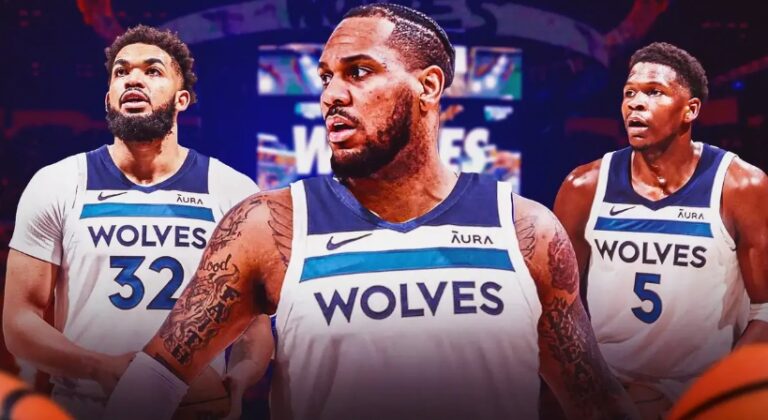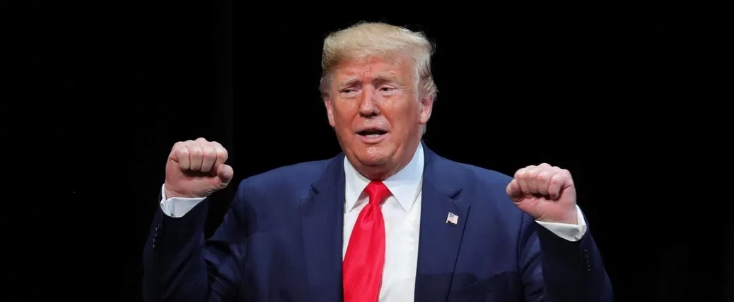
President Trump’s collegiate sports executive order details recent developments and its effects on NCAA players and schools – Aiming to restrict third-party, pay-for-play payments to collegiate athletes, President Donald Trump signed an executive order Thursday, according to the White House. The bill further mandates that the National Labor Relations Board and the Secretary of Labor determine the legal standing of student-athletes “in order to preserve non-revenue sports.”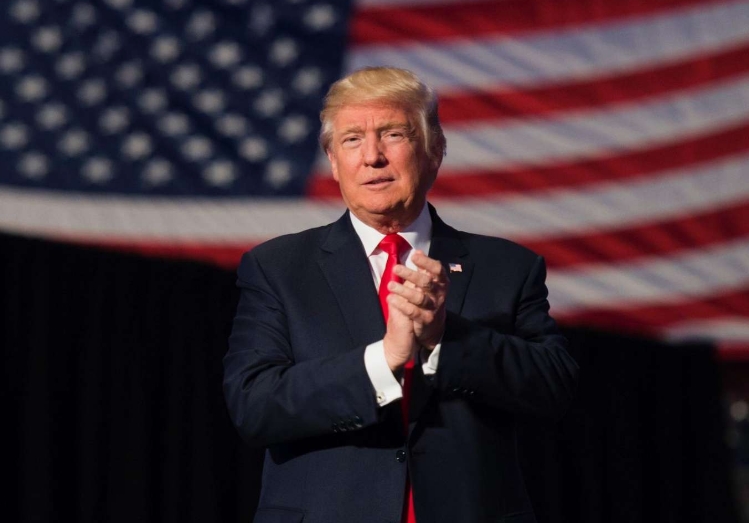
Partially intended to put a stop to “bidding wars” for college athletes, the executive order does not cover “legitimate, fair-market-value compensation that a third party provides to an athlete, such as for a brand endorsement,” but it does prohibit pay-for-play payments.An analysis of the college sports executive order signed by President Trump
A fact sheet outlining the president’s signed executive order. President Trump’s collegiate sports executive order details recent developments
“President Donald J. Trump Saves College Sports,” was distributed by the White House on Thursday.
With this bill, lawmakers aimed to safeguard “student-athletes and collegiate athletic scholarships and opportunities, including in Olympic and non-revenue programs, and the unique American institution of college sports.” Not long after that, the entire executive order was made public by the White House. A ban on “third-party, pay-for-play payments” to athletes was the most significant of the executive order’s several regulations pertaining to college sports. Brand sponsorships and other forms of “legitimate, fair-market-value” payment to athletes are exempt from that prohibition.
The fact page for the law states that Trump’s executive order also includes the following restrictions for collegiate athletics:
- The directive mandates the “preservation” and “expansion” of scholarship opportunities for collegiate women’s sports and non-revenue sports as well as opportunities to compete.
- It is imperative that any revenue-sharing arrangement between colleges and collegiate players be “executed in a way that safeguards women’s and non-revenue sports.”
- This order mandates that the National Labor Relations Board and the Secretary of Labor “clarify the status of student-athletes” so that collegiate athletics can continue to “preserve non-revenue sports” and the opportunities they offer.
In order to “protect student-athletes’ rights” and put an end to “endless, debilitating antitrust and other legal challenges,” the order mandates that the Attorney General and the Federal Trade Commission take “appropriate actions.” The order mandates that the White House Office of Public Liaison Director and the Assistant to the President for Domestic Policy “consult with the U.S. Olympic and Paralympic Teams and other organizations” in order to safeguard the significance of collegiate athletics in cultivating athletes in the United States.
According to the order’s information sheet, President Trump acknowledges the “critical role of college sports” and the “urgent” necessity to resolve the potential legal challenges it encounters. The law identifies a few of such problems as “litigation seeking to eliminate the basic rules of college sports” together with “escalating private-donor pay-for-play payments in football and basketball that divert resources from other sports and reduce competitive balance.” President Trump’s collegiate sports executive order details recent developments
Regarding NIL, the executive order’s fact sheet states that “legitimate, third-party NIL opportunities for players” have sparked “pay-for-play bidding wars,” resulting in a “oligarchy of teams that can buy the best players.” It is unclear who would be responsible for enforcing the order’s ban on pay-for-play payments.
Charlie Baker, president of the NCAA, also issued a statement regarding the executive order on Thursday.
“The NCAA is working hard to improve things for student-athletes and tackle a lot of problems that college sports are facing, like making sure that scholarships are guaranteed and requiring health and wellness benefits. However, there are a few threats that federal legislation can solve, and the NCAA is working with student-athletes and their schools to find a bipartisan solution with Congress and the administration,” Baker stated.
“College sports offer life-changing opportunities to millions of young people, and the Association appreciates the Trump Administration’s focus on these services. We look forward to working with student-athletes, a bipartisan coalition in Congress, and the Trump Administration to enhance college sports for years to come.” Institutions can now pay athletes directly, including roughly $2.8 billion in backpay, thanks to the official approval of the House vs. NCAA settlement last month. President Trump’s collegiate sports executive order details recent developments.

